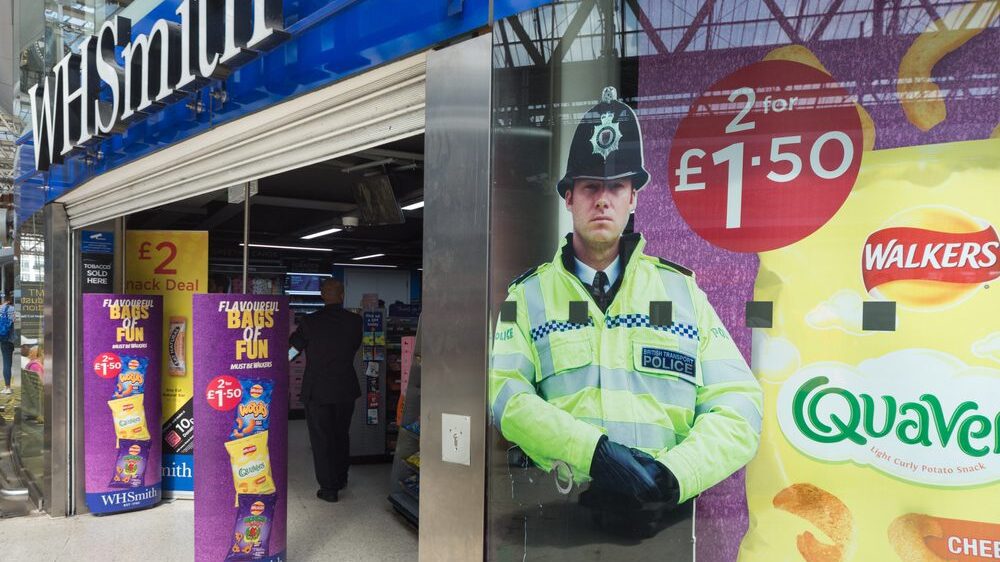
In its latest attempt to appear tough on crime, Rishi Sunak’s government is drawing up plans to throw shoplifters in prison. With a couple of local election losses under its belt and the spectre of a general election defeat looming, the Tories are pulling out all the rhetorical stops to appeal to voters.
After 13 years of Conservative governments, it was revealed earlier this month that police inaction means British criminals effectively have a “licence to shoplift,” putting workers and customers at risk and hurting business profits, and also making the country feel far less safe.
Newspapers this week contain details of government plans to alter this course. Only “prolific” shoplifters will face mandatory jail sentences, according to The Times. Currently, just 14% of police-recorded shoplifting incidents result in charges. This figure excludes the millions of incidents that are not recorded at all. Despite having spent more than a decade in office, the Conservative Party has done little—at most—to reintroduce regular and visible foot patrols by officers in affected areas, despite this being known to deter criminality.
The plans being drawn up by ministers instead demand a greater reliance on live facial recognition technology and artificial intelligence. Mark Johnson, of campaign group Big Brother Watch, told The Times this was “highly invasive,” adding that
Government ministers should strive to protect human rights, not cosy up to private companies whose products pose serious threats to civil liberties in the UK.
The threat to civil liberties is, however, perhaps unsurprising when delivered from the party which, in the face of COVID, told grandparents they could not see their newly-born grandchildren before departing from this world.
Britons will see a lot of such talk over the next year, as the Conservative Party uses rhetoric in an attempt to demonstrate that the country needs it to stay in power after the next general election—that, in this case, it is tougher on crime than Labour. There has been a similar wave of spin on green policies, which has seen the pro-‘net zero’ government insist that it will not allow the drive to decarbonisation to make Britons much poorer. But those in the know are aware there is little ministers can actually do to roll back on their green stance, beyond talk. Unless they choose to change the law, which is highly unlikely.
